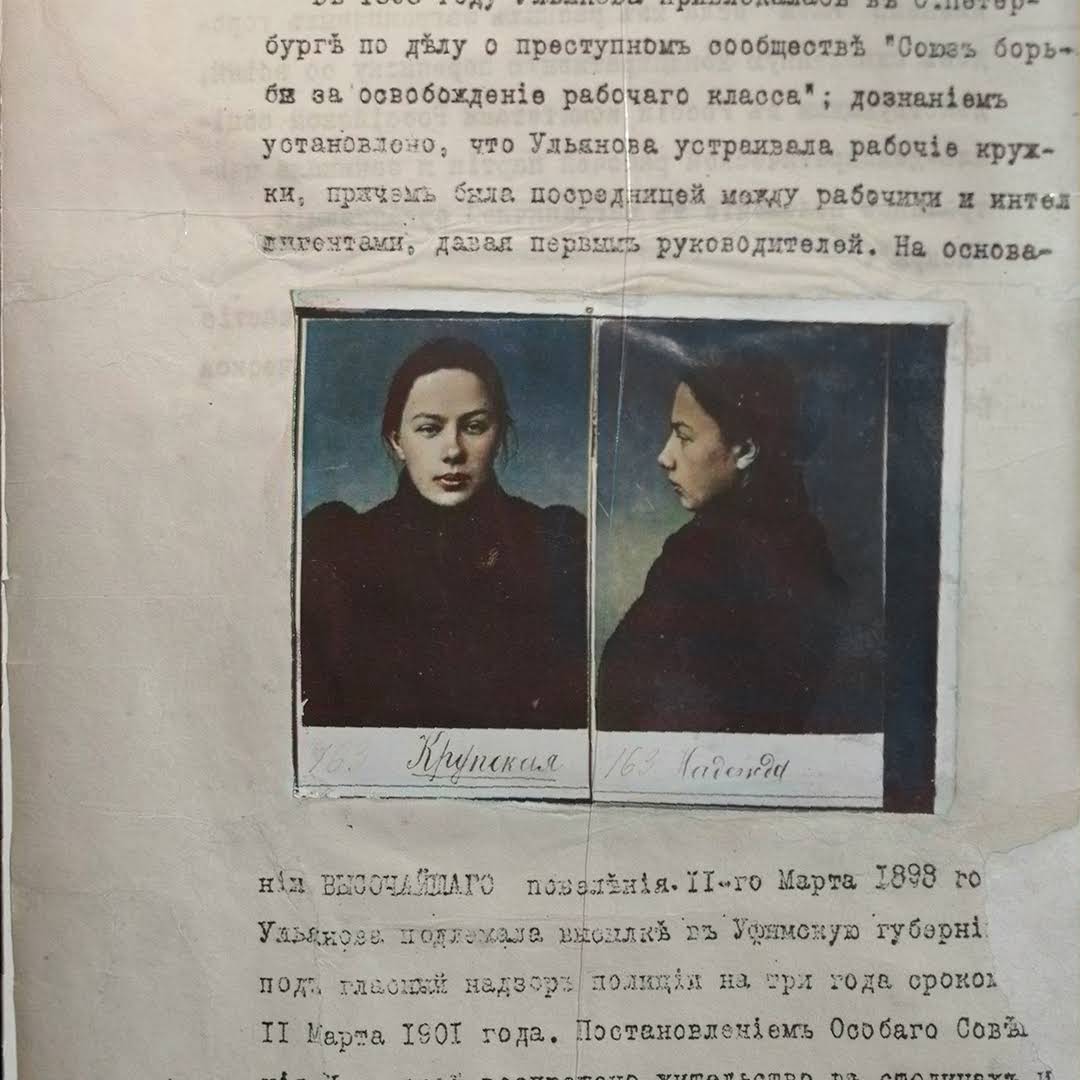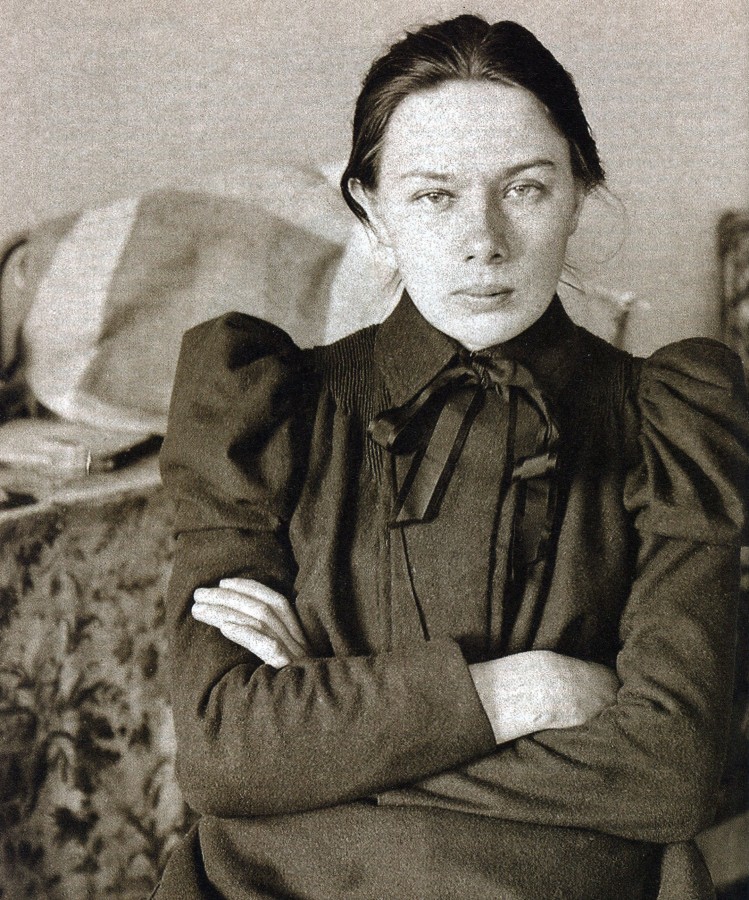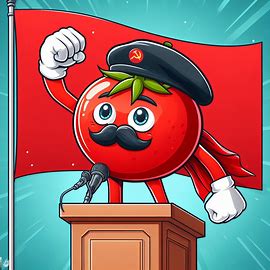Nadezhda Konstantinovna Krupskaya was born on this day in 1869.
Do you know about Krupskaya’s legacy beyond being “Lenin’s wife”?
Krupskaya’s early involvement in Marxist student societies gave her an understanding of the struggles and injustices of working-class people. She dedicated almost 50 years to the party and revolutionary transformation of society.
Krupskaya played a vital role in organizing the underground conspiratorial network supporting the Bolsheviks during the lead-up to the 1917 Revolution, coordinating secret Bolshevik organizers throughout the Russian Empire.
After the revolution succeeded, Krupskaya was instrumental in organizing the Soviet education and library systems after the revolution. Her pedagogical legacy encompassed all aspects of education policy, including teacher training, adult education, and eradicating illiteracy.
Her work in education policy improved the lives of millions of people and ensured that the principles of socialism were instilled in the next generation.
Despite being often minimized as simply Lenin’s wife, her partnership with Lenin was important, but her efforts and contributions to the Marxist-Leninist cause were revolutionary in their own right.

Source: @redstreamnet on YouTube
Never heard of her
🤨 *looks at username and raises an eyebrow *
I remember of calling myself a Luxemburgist 10 years ago just by reading her wikipedia article instead of reading her actual works. Well, at least Reform and Revolution is a real banger.
And I talked to a guy in Havana who says to me “All I used to see here in Havana, you call this drab and dull, we see it as a cleaner city. It’s true, the paint is peeling off the walls, but you don’t see kids begging in the streets anymore and you don’t see prostitutes.” Prostitution used to be one of the biggest industries. And today this man is going to night school. He said “I could read! I can read, do you know what it means to be able to read? Do you know what it means to be able not to read?” I remember when I gave my book to my father. I dedicated a book of mine to him, “Power and the Powerless” to my father, I said “To my father with my love,” I gave him a copy of the book, he opened it up and looked at it. He had only gone to the seventh grade, he was the son of an immigrant, a working-class Italian. He opens the book and he starts looking through it, and he gets misty-eyed, very misty-eyed. And I thought it was because he was so touched that his son had dedicated a book to him. That wasn’t the reason. He looks up to me and he says ‘I can’t read this, kid” I said “That’s okay dad, neither can the students, don’t worry about that. I mean I wrote it for you, it’s your book and you don’t have to read it. It’s a very complicated book, an academic book. He says, “I can’t read this book.” And the defeat. The defeat that man felt. That’s what illiteracy is about, that’s what the joy of literacy programs is. That’s why you have people in Nicaragua walking proud now for the first time. They were treated like animals before, they weren’t allowed to read, they weren’t taught to read.

After school education/tutoring/adult education are good ideas for praxis leftist organizations can do right now. Also have historic roots in mass education programs like this as well as more recent, western programs like the Black Panthers’ free school breakfast program.
The part about his dad always makes me shed a tear :'(
A quick read written by her, she was really really smart.




